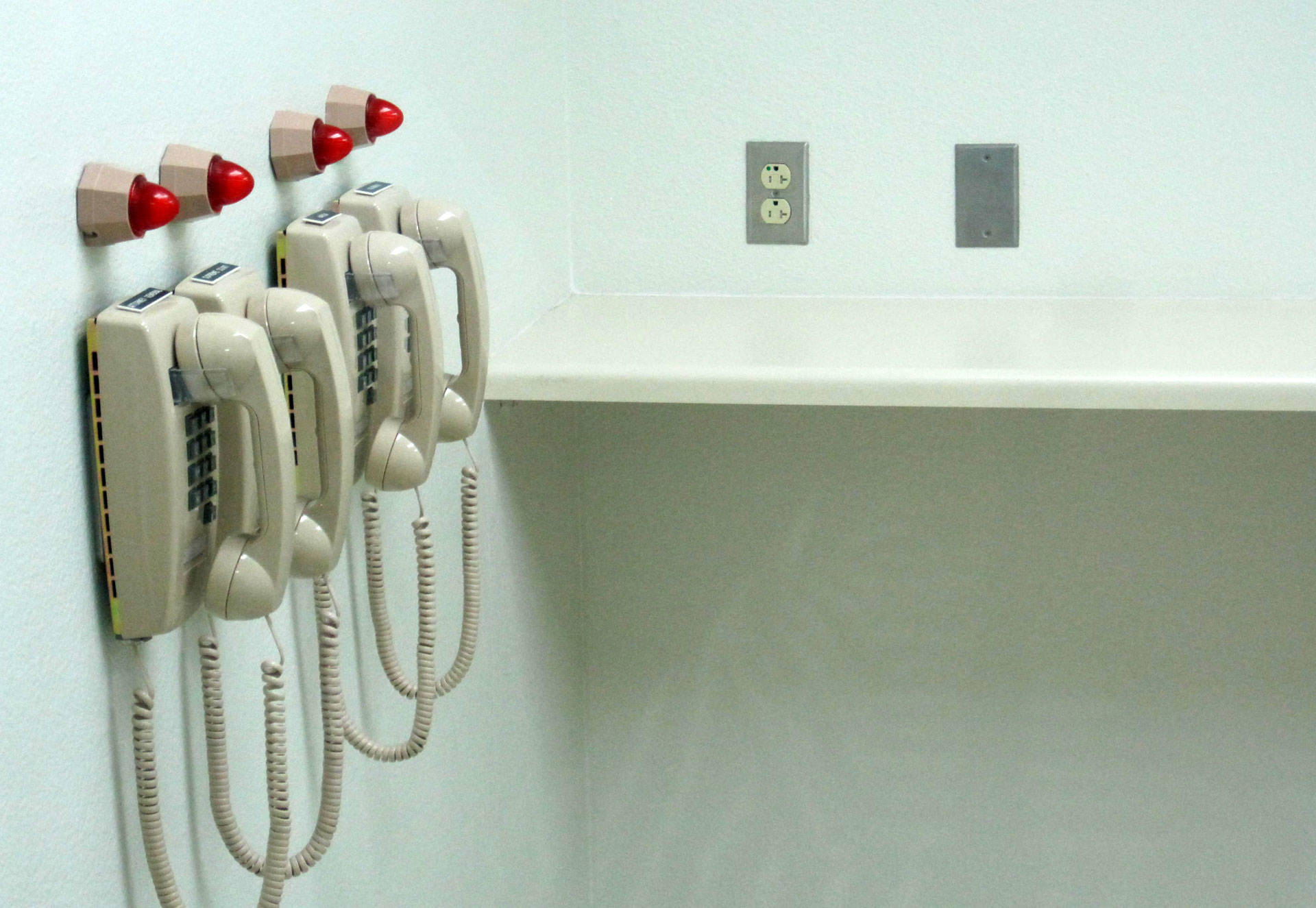“In that year,” DiCamillo says, “the Field Poll’s final survey, completed one week before the November election, showed Prop. 34 clinging to a narrow 45 percent to 38 percent lead. However, on Election Day the yes side failed to get above the needed 50 percent threshold, and Prop. 34 was defeated 52 percent to 48 percent.”
Proposition 66 is supported by most of California’s district attorneys and many crime victims’ groups. San Mateo District Attorney Steve Wagstaffe, president of the California District Attorneys Association, says that if the death penalty is abolished, it will be a terrible blow to crime victims.
“It won’t be justice in their minds,” Wagstaffe says. If Proposition 62 passes, he says, “Crime victims will feel once again that the system has failed them. And the concept of life without parole — they simply don’t believe it.”
Supporters of Proposition 62, including former San Quentin Prison warden Jeanne Woodford, say California’s death penalty is unworkable, too expensive and doesn’t prevent or deter crime. Woodford oversaw four executions during her tenure as warden.
Nearly 750 people are currently on death row, most of them at San Quentin State Prison. Since California reinstated the death penalty in 1978, 13 inmates have been put to death. And even though the number of death sentences being handed down in California has dwindled, the population of death row continues growing.
It’s been more than a decade since the last execution. In 2006 a federal judge put a hold on executions over concerns about the state’s three-drug lethal injection protocol. The state is still developing a new policy on executions. Of the 119 condemned inmates who have died since 1978, 96 died of natural causes or suicide.
California Counts is a collaboration with four public media organizations in California to cover the 2016 election. This includes KPCC in Los Angeles, KQED in San Francisco, Capital Public Radio in Sacramento and KPBS in San Diego.
